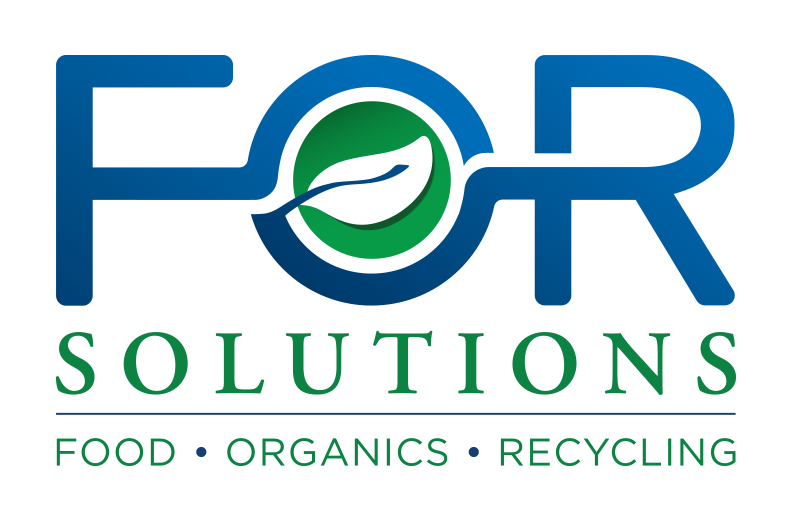Food Waste Is A Misnomer
Identifying uneaten food as waste is a mistake because food waste is a misnomer. The issue centers on if waste is used as a noun or a verb. To waste (verb) food is certainly a poor decision. Food waste (noun) is a misnomer because it is a fundamental ecological law that there is no such thing as waste on Earth.
In fact, life on Earth is possible because of the fact that matter is continuously recycled, it is never created and it is never destroyed. It continuously changes from one form to another.
Yes, it may be wasteful to take food and then not eat it; however, the uneaten food is not waste any more than water in the half-full glass that wasn’t finished is waste. In both instances, the unconsumed material may be processed for repeated use.
In the case of water that is not consumed, it is destined for the water treatment facility, where it is purified so that it may be returned to the supply of water available for consumption or use. This is the water system: availability, use, discard, purification, availability, use: a sub-cycle of the global water cycle.
In the case of uneaten food, while a comparable opportunity exists, it is not yet as fully implemented as with water because a food system is not as well developed. We have availability of food. We eat food. We discard uneaten food, but that’s where the system fails. Instead of providing an analog of water treatment purification that allows for the uneaten food to be used again, it is most commonly buried in a landfill or burned in an incinerator.
What is missing is an analog of the water treatment facility. Paradoxically, that analog does exist; however, it is not being utilized effectively. That analog is composting. Composting allows for uneaten food to restore vital nutrients to soil, to improve the water retaining capacity of soil, and to decrease compaction of soil, thereby improving the capacity of soil to produce food. So the system is: availability, use, discard, composting, availability, use.
Perhaps the issue is that with the water system water is returned as water; whereas with the food system, one type of food once composted will likely be returned as a different type of food so the link between the discarded uneaten food and the new supply of food is less clear. This issue could be made more clear with the local or on-site recovery of discarded uneaten food followed by a local or on-site composting system followed by the local or on-site use of the compost as a soil amendment followed by the local or on-site production of food that is then served locally or on-site.
Imagine eating a wonderfully delicious tomato and learning that it was grown locally on soil that was amended with compost made locally or on-site from discarded eaten food that was collected locally or on-site – not with synthetic fertilizers, pesticides, herbicides, and fungicides made long distances away – would the discarded uneaten food that was used to created the compost be considered a waste product?
Here’s another aspect of the issue worth considering. Suppose we were able to achieve a 50% improvement in our efficiency of food use; that is, we reduced the amount of discarded uneaten food generated annually by one-half or we became twice as efficient at using food. Using the most currently available data from the U.S. Environmental Protection Agency, that would result in a reduction from about 36 million tons to about 18 million tons. That is still a lot of discarded uneaten food. Instead of being able to fill the entire Pentagon with the discarded uneaten food more than 25 times, now we would be able to fill it only about 13 times! That’s hardly a victory. Also, with the exception of certain information technology applications, how many examples of a 50% improvement in efficiency have been realized in much less than one generation?
Another reason for rejecting the idea of discarded uneaten food as waste concerns the impending exhaustion of crude oil. There is a very strong belief among many scientists that the peak of crude oil extraction has been past. That means every new day brings less available crude oil to be pumped from the ground. So, our ability to synthesize fertilizer, pesticides, herbicides, and fungicides is decreasing. We are also approaching peak phosphorus, so our ability to mine this mineral, which is a critical component of fertilizers, is decreasing. In the future, it is conceivable that the way we restore vitality to soil may be restricted to amending it with compost produced from uneaten food. Perhaps, then we will acknowledge discarded uneaten food for what it is really: a replenishable natural resource!


